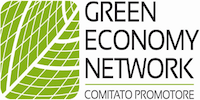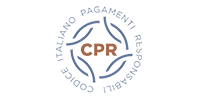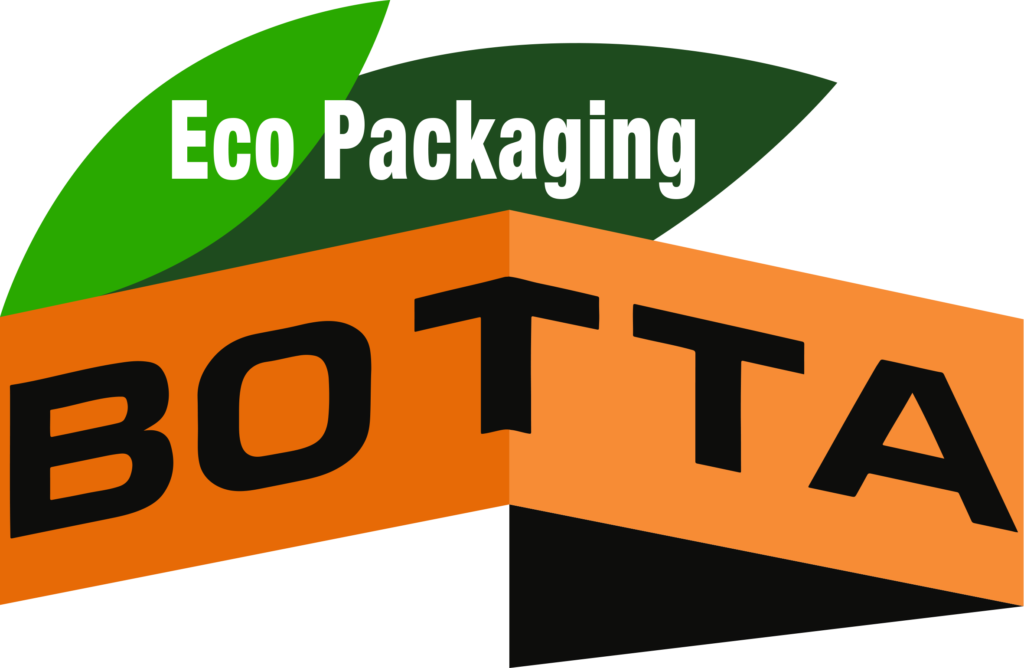Every year, the European Union produces millions of tons of packaging waste, posing a significant challenge for environmental sustainability. Extended Producer Responsibility (EPR) is an emerging solution that revolutionizes the packaging industry by involving the producers in the entire lifecycle of waste management. But what exactly is EPR, and how does it contribute to the EU’s sustainability agenda?Additionally, how can consumers actively participate in creating a more sustainable economy?
The EU has introduced legislation to reduce packaging waste, focusing on the three principles of reduction, reuse, and recycling. EPR plays a crucial role in reshaping how packaging waste is managed across the EU. [1]
What is EPR and What Are Its Benefits?
Extended Producer Responsibility (EPR) shifts the responsability for waste management to producers, encouraging them to design more sustainable products and manage their recycle from production to disposal.
EPR offers several benefits:
- This approach encourages producers to design more sustainable items and manage the entire lifecycle of a product, from its creation to final disposal, taking responsibility for their impact. In fact, as Gillian Garside-Wight, Consulting Director of Aura, stated in an interview with Packaging Europe: “EPR means ensuring that everyone takes responsibility for their packaging and funds the necessary infrastructures for its disposal”. [2]
- According to the World Wildlife Fund (WWF), EPR represents an efficient tool with multiple advantages. From an economic perspective, EPR helps reduce overall packaging use, stimulates the recycling market, and decreases the dependence on virgin materials, while also creating jobs across the entire packaging value chain. Environmentally, it enhances the collection and the recycling of packaging waste, optimizes design for greater recyclability, and prevents plastic dispersion in the environment.
- Socially, EPR promotes collaboration among stakeholders in the packaging value chain, enhances the health and safety of waste collection workers, and encourages collective action towards a circular economy. [3]
Real-World Example: The Netherlands
The Netherlands provides a leading example of successful EPR implementation. Dutch producers are required to finance the collection and recycling of packaging waste, leading to high recycling rates and reduced landfill use. This system has greatly improved recycling practices, demonstrating how collaboration between the government, producers, and waste management companies can be successful. [4]
Effective EPR implementation Strategies
For effective EPR adoption, companies must:
- Assess the environmental impact of their products throughout their lifecycle.
- Stay informed about evolving regulations and industry standards.
- Involve stakeholders to set clear sustainability goals.
- Take actionable steps, such as designing products for recyclability.
How Consumers Can Help
Educating consumers is crucial for addressing the complexities of packaging waste. As Gillian Garside-Wight from Aura explains, informing consumers about different materials can empower them to make better recycling choices. However, the key challenge is ensuring consumers know how to properly dispose of packaging through existing recycling systems. Effective education simplifies recycling processes and contributes to a more sustainable system.
Conclusion: The Role of EPR in a Sustainable Future
EPR is vital to achieving the EU’s sustainability goals and promoting a circular economy. To make EPR successful, producers must adopt eco-friendly practices, while consumers must choose sustainable packaging and recycle responsibly. Together, we can significantly reduce packaging waste and build a greener future.
References:
[1] How EPR can tackle the upcoming packaging prevention challenges (ey.com)
[2] Garside-Wight, G. (2024, February 24). The Role of EPR in Sustainable Packaging. Packaging Europe. Packaging Europe Issue 19.1 by packagingeurope – Issuu
[3] EPR: producers responsible for waste from used products | Business.gov.nl
[4] https://wwfint.awsassets.panda.org/downloads/epr_fact_sheet.pdf
[5] The Extended Producer Responsibility (EPR) in Europe | PwC Switzerland
















